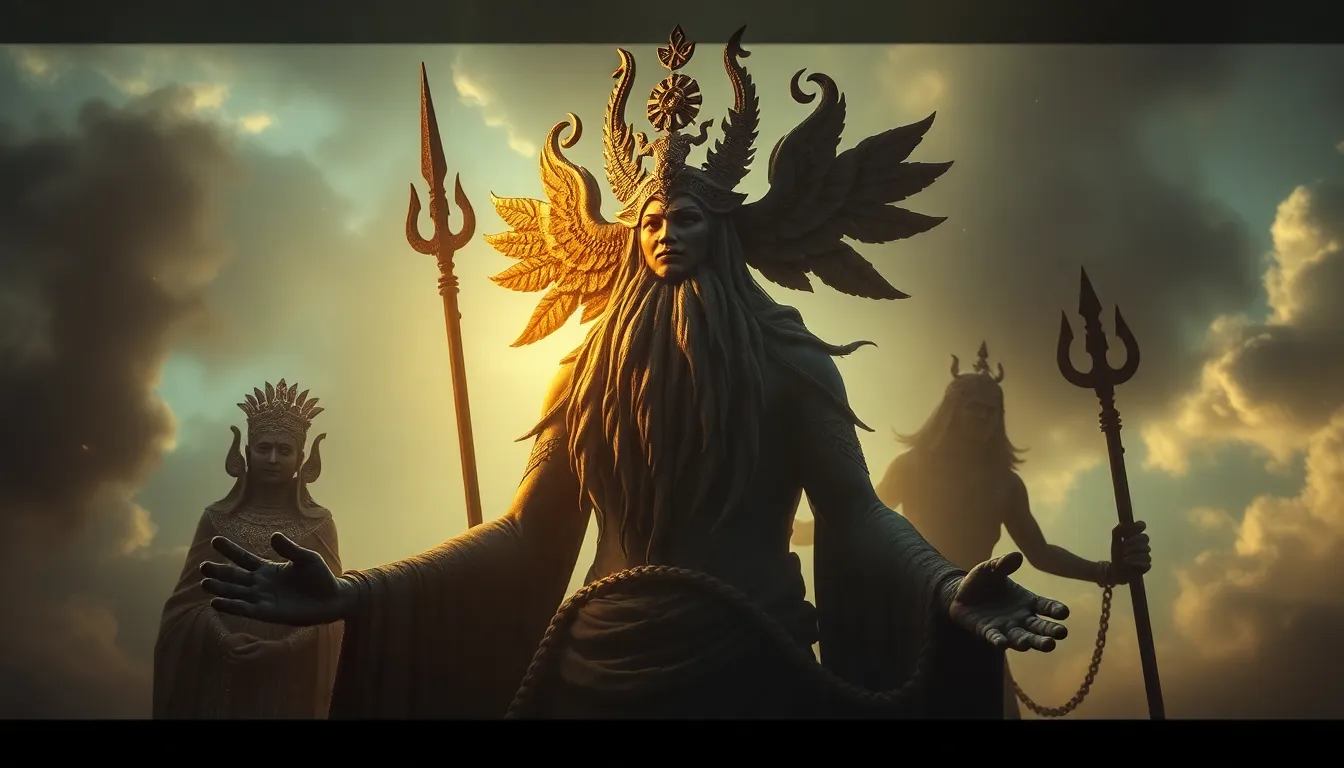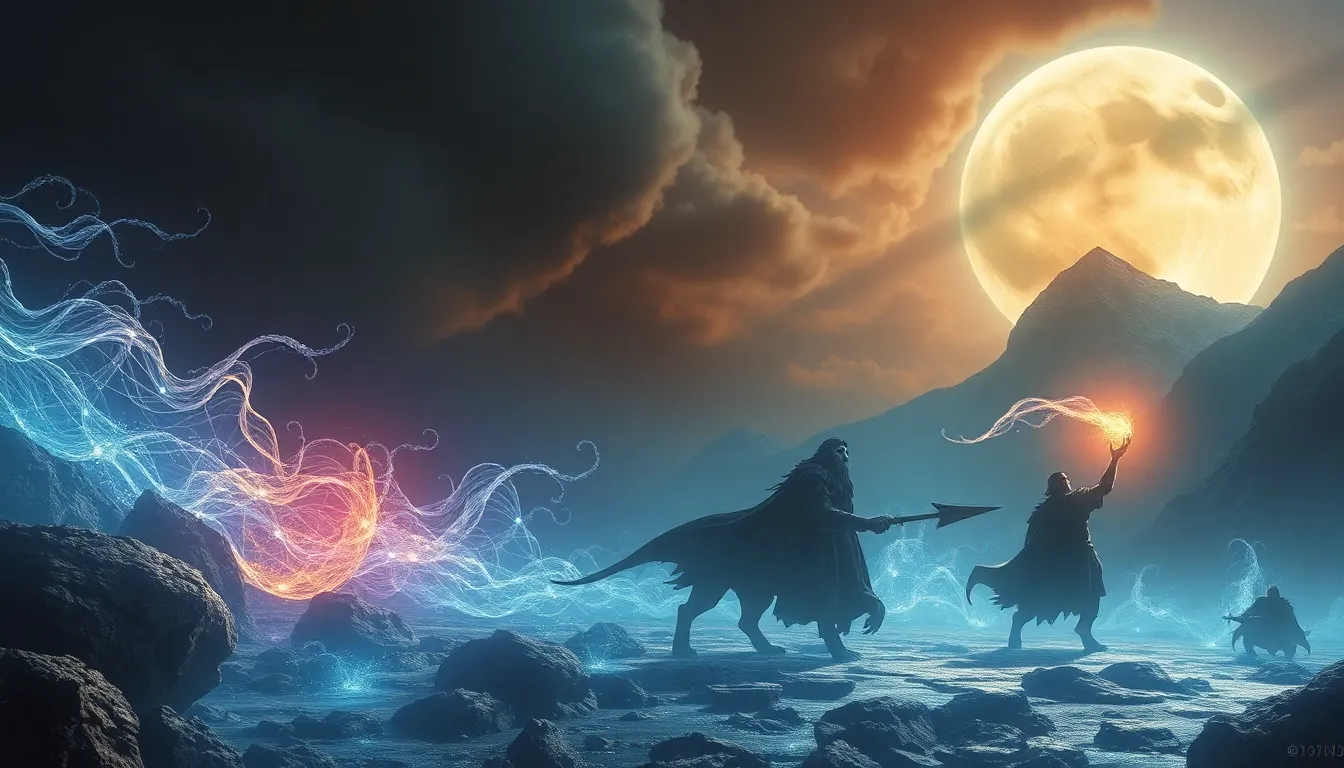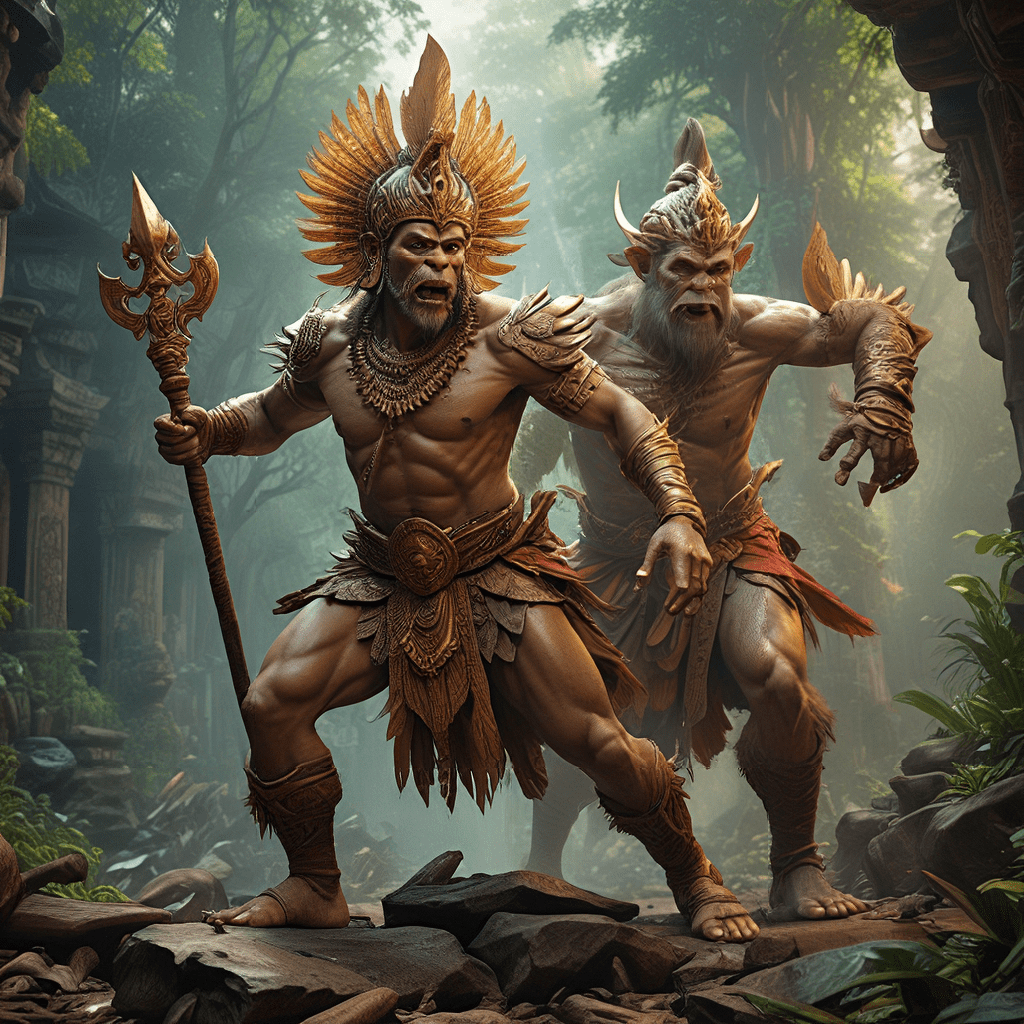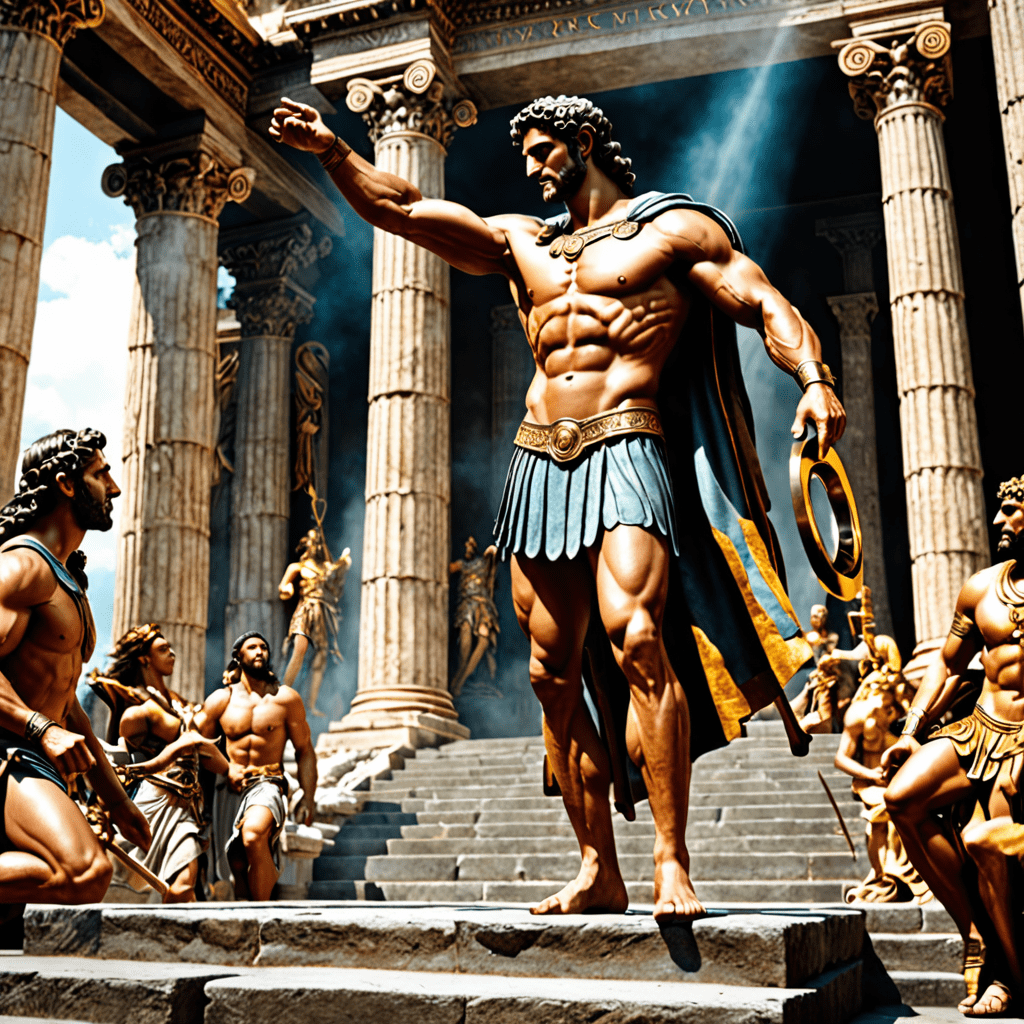The Role of Ancient Deities in Shaping Human Beliefs
I. Introduction
Ancient deities, defined as the gods and goddesses worshipped in various early civilizations, played a significant role in shaping human beliefs and societal structures. Their influence can be observed in the moral codes, rituals, and cultural practices of ancient peoples, and their legacy continues to resonate in contemporary society. This article explores how ancient deities influenced human beliefs, providing insights into their psychological and cultural impact.
II. Historical Context of Ancient Deities
The emergence of polytheism marked a pivotal development in early human societies. Most ancient civilizations embraced the idea of multiple deities, each governing different aspects of life and nature.
- Mesopotamia: Home to gods like Anu, Enlil, and Inanna, whose worship illustrated a complex pantheon reflecting the society’s values.
- Egypt: Deities such as Ra, Osiris, and Isis represented key elements of the natural world and human experience.
- Greece: The Olympian gods, including Zeus, Athena, and Apollo, embodied human traits and moral lessons.
- Rome: Adapted many Greek deities, renaming them and intertwining them with their own cultural narratives.
Over time, these deities evolved, adapting to cultural shifts and societal changes, illustrating the dynamic nature of belief systems.
III. The Psychological Impact of Deities on Belief Systems
Human beings have an intrinsic need for explanations about the world around them. Ancient deities often fulfilled this need by providing narratives that explained natural phenomena and human experiences.
- Understanding the human need for divine explanations: Deities offered answers to existential questions, such as the origins of life and the afterlife.
- The role of deities in providing comfort and moral guidance: Believers found solace in the idea of a higher power overseeing their lives, which helped establish moral frameworks.
- Case studies: For instance, the worship of Athena in ancient Greece promoted ideals of wisdom and warfare, influencing the values of her followers.
IV. Deities and the Development of Moral Codes
The influence of ancient deities extended into the realm of ethics and law, shaping the moral codes of societies.
- How ancient deities influenced laws and ethics: Many laws were seen as divine commandments, reflecting the will of the gods.
- Comparison of moral teachings: For example, the Ten Commandments in Abrahamic religions echo earlier codes found in civilizations like Babylon.
The moral teachings derived from these deities have left a lasting impact on modern societies, where many ethical principles can be traced back to ancient beliefs.
V. Rituals and Worship: The Expression of Belief
Rituals and worship practices played a crucial role in expressing devotion to ancient deities.
- Overview of common rituals: These included sacrifices, offerings, and prayers, often designed to appease the deities.
- The significance of temples and sacred spaces: Structures dedicated to deities served as focal points for worship and community gatherings.
- The role of festivals: Celebrations such as the Eleusinian Mysteries in Greece reinforced community bonds and collective beliefs.
VI. Deities and Nature: The Connection to the Environment
Ancient deities often represented natural forces, reflecting humanity’s relationship with the environment.
- How ancient deities represented natural forces: For example, Poseidon was worshipped as the god of the sea, while Demeter was revered as the goddess of agriculture.
- The impact of these beliefs on environmental stewardship: Many cultures practiced conservation and sustainable agriculture as a form of reverence for their deities.
Today, modern environmental movements often draw inspiration from these ancient beliefs, advocating for a harmonious relationship with nature.
VII. Syncretism: The Blending of Beliefs
The blending of belief systems, or syncretism, was common as cultures interacted and exchanged ideas.
- The process of cultural exchange: As empires expanded, they often adopted and adapted the deities of conquered peoples.
- Examples of syncretism: The Roman pantheon, which incorporated Greek gods under new names, is a prime example.
This blending of beliefs highlights the fluidity of religious practices and the complexity of understanding ancient belief systems.
VIII. The Decline of Ancient Deities and the Rise of Monotheism
Several factors contributed to the decline of polytheistic beliefs, leading to the rise of monotheism.
- Factors contributing to decline: Political changes, such as the rise of empires that favored monotheistic religions, played a significant role.
- The transition to monotheism: The spread of Christianity and Islam fundamentally altered societal beliefs and practices.
Despite this shift, the legacy of ancient deities remains in monotheistic religions, where many attributes and stories of these gods have been integrated into new religious contexts.
IX. Contemporary Relevance of Ancient Deities
In recent years, there has been a resurgence of interest in ancient deities within modern culture.
- The revival of pagan practices: Many individuals and groups are embracing ancient religions and mythologies.
- Influence in popular culture: Films, literature, and art frequently draw on themes and characters from ancient mythology.
This contemporary fascination with ancient deities reflects a broader human desire to connect with history and explore diverse belief systems.
In conclusion, ancient deities have played a fundamental role in shaping human beliefs across cultures and time. Their influence on moral codes, societal structures, and psychological comfort illustrates the deep-seated human need for understanding and connection to the divine. As we continue to explore these ancient narratives, we gain valuable insights into the foundations of our modern belief systems.




